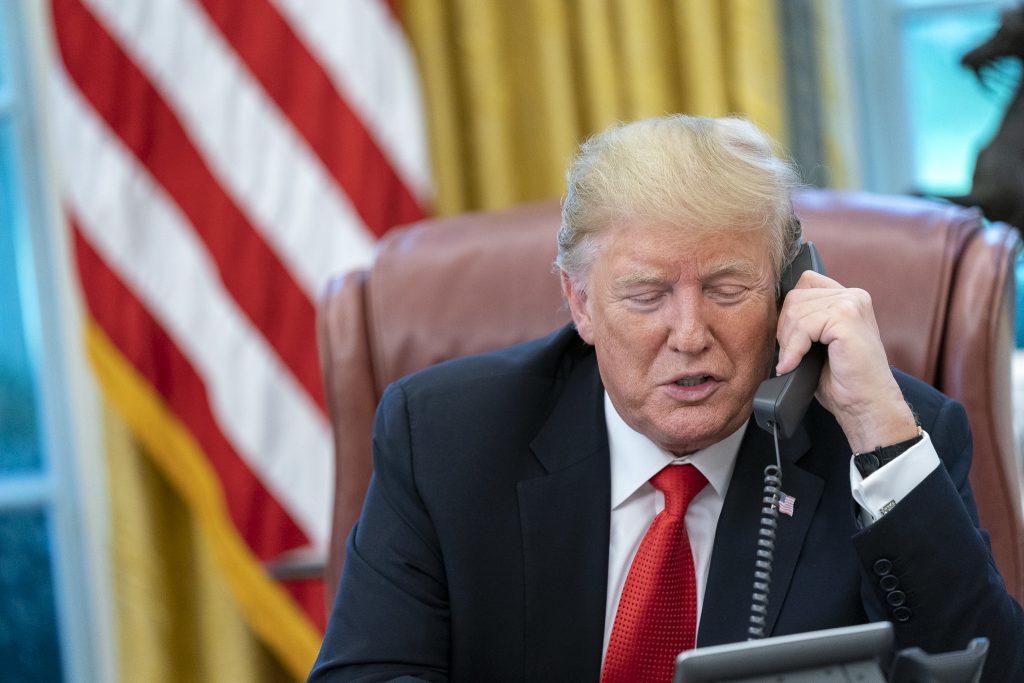He says the WHO is guilty of "severely mismanaging and covering up" the threat coronavirus posed.
The World Health Organisation (WHO) is a global organisation that tries to improve the health of the human race. It is generally seen as a neutral expert on important health matters, and 194 countries and territories have signed up to be members of it. These members pay for the WHO’s operations, with their contributions based on how big and wealthy the country in question is. The USA is by far the biggest funder, giving over $100 million more than the next most-generous donor (the UK). USA funding makes up 15 percent of the WHO’s budget.
But no longer. President Donald Trump announced this week that he’s going to cut America’s funding entirely. He says the WHO gave out false information about how serious Covid-19 was and how it was transmitted, which made the problem worse and cost countless lives. He therefore wants to take the money he would have given to the WHO and spend it on other health initiatives. To many, this stance is bizarre. Trump himself held large public events and underplayed the risk of the virus weeks after the WHO had declared coronavirus a public health emergency that required a substantial response.
The issue at the crux of the argument seems to be how much value we should place on multinational organisations versus leaving individual countries to spearhead their own initiatives. Some people, like Trump, think global organisations don’t treat all members equally, are bureaucratic and/or corrupt, and that nation states would do a better job of looking after their own. Others think that global organisations like the WHO engender a sense of community that encourages nations to help each other, and ensure that poorer countries can have access to high-quality research and advice without having to foot big bills for it.
Read our explainer on: International Organisations.

